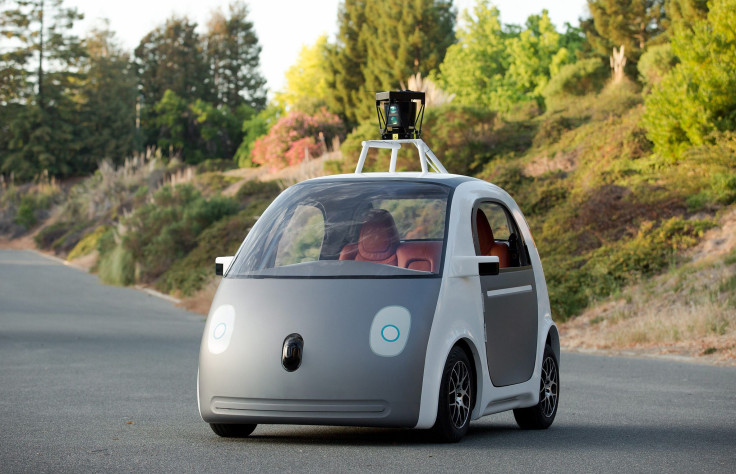Driverless Cars: To Cut Greenhouse Gas Emissions From Cars, We Might Have To Cut Ourselves Out of the Driver's Seat

As you may or may not be aware, electric cars are the future. No matter how you look at it, gas-fueled cars are expensive and destructive to this nice planet we call home. As we move into the future and start looking toward electric automobiles, we must first consider that maybe the cars are not to blame, but the people driving them.
Researchers at Lawrence Berkeley National Laboratory have come up with a pretty good estimate of what would happen if we changed all of our cars to electric, autonomous ones. They say that by replacing the millions of privately owned cars with a fleet of self-driving electric taxis, greenhouse gas emissions could be cut by nearly 90 percent. They also state that it would lead to a nearly 100 percent drop in oil consumption in cars.
Though it might seem unthinkable to instantly trade your current car for a driverless one, 44 percent of Americans stated in a survey done earlier this year that they’d be willing to switch to a driverless car, even if switching cost them $5,000 more.
If you’re thinking that building a fleet of driverless taxis to support the entire U.S. population would take years and countless dollars, you’d be right. But, according to Jeff Greenblatt, who co-authored the study, a group about 15 percent the size of the current privately owned car population could effectively service the entire country. And it would actually be cheaper over the long run.
For example, if each electric car cost $150,000, Greenblatt says that it could pay back its cost in about five years. It’d be able to drive 24/7, 365, it wouldn’t require a salary, and would require zero gasoline. “You don’t often find that, where the cheapest is also the greenest,” Greenblatt said.
For those worried about getting stuck in the middle of nowhere with a driverless car that’s run out of charge, Greenblatt says they shouldn’t worry. The fleet would be able to compensate for the distance, replacing a car low on battery with a fresh one out of the station. This would be a better alternative than a single-owner car having to go back home to charge.
Also, as the 200-mile electric cars of the future are rolled out in the next few years, the need to change a car that was low on battery will become almost non-existent. Unfortunately, the truly autonomous highways and byways of the future are some 10 to 15 years away, according to researchers. Until then, the humans will remain behind the wheel.
Published by Medicaldaily.com



























